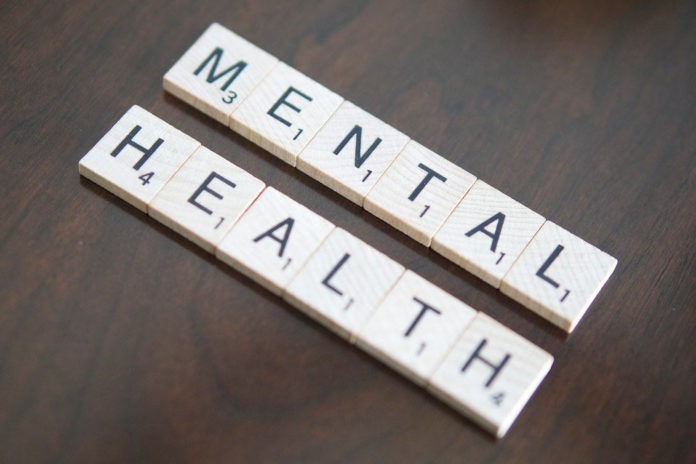Supporting employee wellness – especially in mental health – is critical as people grapple with the fallout of the pandemic and other troubling world news. The impact of what is happening around us can affect your employees personally and building a culture that supports employee wellbeing benefits not just them and the workplace, but those around them, too.
Balancing the Scales
Many people have experienced increased depression, anxiety, and stress in the last few years. This stems from a variety of things – worry about illness or risk of death, school shutdowns, isolation from friends and family, increased screen time during telecommuting, or fear of income loss are just some of what employees have struggled with recently. Combining this with daily stress of managing duties at work can tip the scales in a negative way, increasing the risk for burnout, exhaustion, or a mental health crisis.
“If your scales balance or the positives outweigh the negatives, then we generally feel like life is good,” shared Katy Ham, Mental Health Counselor and Licensed Professional Counselor at LifeStance Salmon Creek. “When the negatives outweigh the positives then we experience many symptoms of stress including increased negative symptoms of mental health issues. Many of us can cope with our scales being out of balance for a short period of time, but in the long term we need to find balance in our scales. It’s important to remember that little things can make a difference when done daily over longer periods of time to balance our scales back out.”
Access to Help
A good healthcare plan and access to mental health care and counseling services through Employee Assistance Programs (EAP) is critical to ensuring your employees maintain both their physical and mental wellbeing. Because of the heightened demand for counselors and therapists during the pandemic, the wait to see someone in-network can be long. Priscilla Gilbert, Licensed Mental Health Counselor and Owner of Lacamas Counseling and Psychiatry explained that offering an alternative can help.
She said, “There are many counselors who do have openings but are not in-network; they are ‘private pay’ or offer ‘out of network’ benefits. An employer can offer a training or brochure on how employees can use their out-of-network benefits and to request reimbursement. The employer may consider contacting some of the local counseling agencies and offices to request brochures or pamphlets to have available at the business for their employees, too. The visibility of a physical brochure also demonstrates that an employer values mental health.”
Ham also stresses the importance of employers being flexible with hours, so employees can meet and attend therapy or wellness appointments.
“Ensuring your employees have access to health care is vital,” she said. “This includes not only health insurance, EAP programs, and flexible spending accounts, but also being able to take time off or flex time easily so they can attend the appointments needed without needing to give too much personal and protected health information to justify the time off.”
Authenticity and Transparency
Each business is different with a unique mix of employees. Taking the time to get to know your employees will give them the space they need to feel that their needs are being heard. It also shows that you are genuine in your efforts to care for their mental health. This translates to increased productivity and loyalty to the company and culture you’re trying to build.
“An office culture that reinforces direct communication of concerns that are heard and responded to effectively is one in which employees are likely to rate job satisfaction higher, have decreased stress, and have more resources to meet their mental health needs,” shared Ham. “As a leader in your business, it is important to set a positive example as well. Attend to your own mental health needs, utilize the programs you have available, encourage others to access resources available, and take your time off in an effective way. Build a culture of balance between hard work or productivity with personal time for self-care and fun play time.”
Gilbert also believes that authenticity is a critical part of demonstrating care for your employees.
“The mental health efforts and support offered in business environments need to be specifically tailored to each work environment,” she said. “Canned efforts will generally be ignored, as most people are naturally able to perceive the lack of sincerity in a canned gesture. If the work environment can create and harness an environment of being caring, supportive, and healthy then it will become a sustainable way of moving towards thriving and healthy well-being.”
There are behavioral health crisis services available 24 hours a day, seven days a week through the Southwest Washington Crisis Line and by calling 800.626.8137. There is also free support available for those living with chronic mental illness or for those that are dealing with loved ones with mental illness. Visit the National Alliance on Mental Illness here to learn more.









